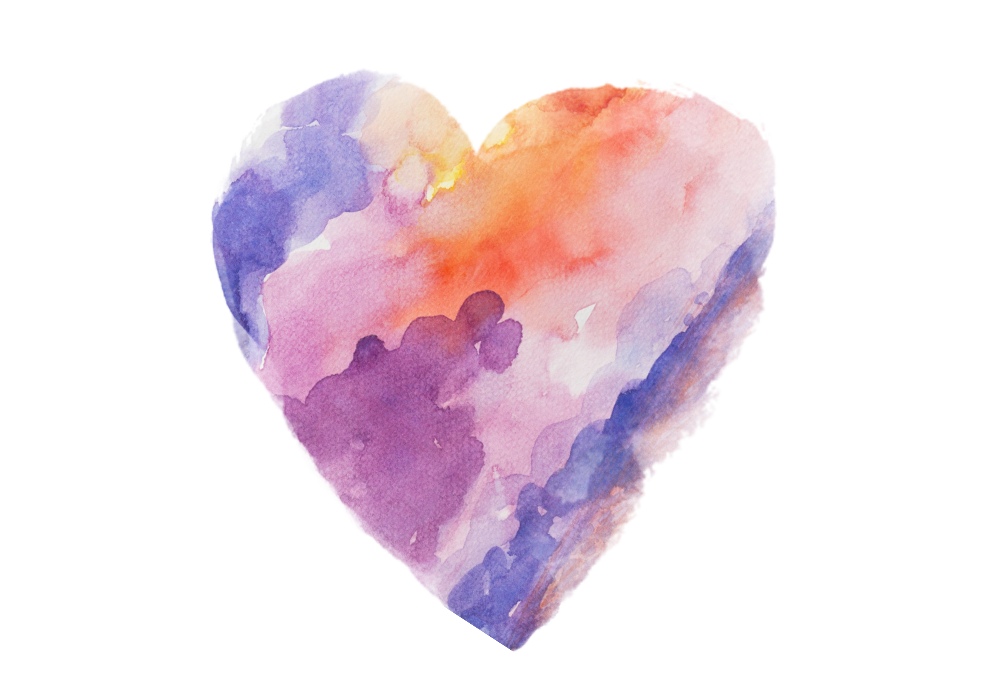Articles on grief and loss compiled by Counseling Today, one written by HeartLight facilitator Barb Kamlet!
To read all the compiled articles on Counseling Today, visit: https://ct.counseling.org/2021/10/perspectives-on-grief-and-loss/
Helping professionals and the experience of personal loss
By Barb Kamlet
Two significant worlds collided in my life on Aug. 28, 2006. On that date, I started graduate school to earn my master’s degree in counseling and, earlier that day, my father and my family learned of his terminal diagnosis. In my first journal entry for my first class, Cultural Issues and Social Justice, I wrote the following: “Today I learned about two new cultures — those who believe they are living and those who know they are dying.”
It was a poignant and challenging time to be the grieving daughter of my dying father as I was going to graduate school to become a grief counselor. During the next 21 months, until my father’s death, I discovered yet another culture — that of helping professionals experiencing personal loss. It was a time filled with painful support gaps and myriad self- and other-imposed expectations that, as a therapist-to-be, I “should” already possess whatever coping skills I would need to navigate through the experience of my dad’s illness and death.
I rose to the occasion by confusing my roles. I became the counseling professional in interactions with my family — interpreting what I thought they needed to know and screening out what I thought they didn’t — and the grieving daughter with my colleagues — people who couldn’t remotely understand the relationship I had with my dad or the grief I was experiencing. Clearly, this was my way of avoiding what was really going on inside me.
Perhaps it was because I was working as a hospice grief counselor where my dad died that those expectations were so prevalent and that my questions eventually became twofold: Was I the only therapist who felt like this and, whether I was or not, could I go someplace for support where I wouldn’t be known, where I wouldn’t be using my “therapist brain” and where I wouldn’t run into my own clients if I chose to attend a grief support group?
Sadly, when I tried to research grief support for hospice professionals for my group’s class project, there wasn’t much, if any, to be found. So, real-time research became my invaluable go-to. In the course of that research, I learned there were other counselors and helping professionals who were experiencing similar challenges around their own personal losses.
Many spoke about a logistical challenge: In trying to find their own grief counselor, they faced a very real possibility of creating a dual relationship, particularly if they lived in a small community. Another common theme that echoed my own experience was the self- or other-imposed pressure to stay in role as a counselor, particularly with other grieving family members and counselor colleagues. Yet another widely expressed concern centered on the issue of transference, countertransference and possibly crossing professional boundaries when sitting with their own grieving clients. One interviewee expanded on that challenge, stating, “As a provider of grief support myself, this also led to my delayed reaction, as when I felt something, I intellectualized it.”
As Marion Conti-O’Hare wrote in The Nurse as Wounded Healer: From Trauma to Transcendence, “All too often … health professionals are reluctant to reveal themselves because of the potential for vulnerability, created largely by an orientation toward perfection and flawless performance.” For counselors and other helping professionals, hiding behind their professional role can serve as a protection or mask that allows them to compartmentalize or intellectualize their own grief. This is a means of avoiding potential vulnerability and the painful feelings of grief that we encourage our clients to journey through.
As a result of my research, I have had the opportunity to present at several national conferences, and the question I am asked most frequently is this: “We have a colleague whose loved one died recently, and we’re wondering how to help.” Knowing the challenges that we, as grief counselors, experience around finding our own support when we are grieving, I think the answer is a simple one. We should do just what we do for our clients and other grieving people in our lives — meet them where they are and ask them to share their story. Pervasively during my research, grieving colleagues, much like our grief clients, wanted the opportunity to share their story and have it heard without judgment.
A grief counselor captured the essence of that need when she wrote: “This time has been utterly transformative as I have experienced it through many lenses of the heart and mind and soul — and with both personal and professional perspectives. It would help me to be able to share this with someone interested in the many facets and [to be] able to ask questions that might assist me in organizing, integrating and reconciling my experience.”
Another colleague wrote more succinctly, “Not sure if you’ll find any added themes from my story, but I felt like sharing it anyway as a way to deal with my own grief.”
To paraphrase something ACA President S. Kent Butler wrote recently in his column for Counseling Today, when it’s us as counselors who are the bereaved, can we allow ourselves to be our human self rather than our counselor self? I challenge every counselor working with grieving clients to be the role model for your clients and for our grief-denying society at large by giving yourself the grace to be your human self when you find yourself in that sacred space of grief.
— Barb Kamlet is a licensed professional counselor and national certified counselor. Her private practice, GriefJourney Counseling PLLC, is in Aurora, Colorado. In addition, she is the co-founder and executive director of Shimmering Wings, a nonprofit dedicated to providing support and resources to individuals who have experienced a childhood death loss. She continues to do hospice grief counseling. Contact her at [email protected].


